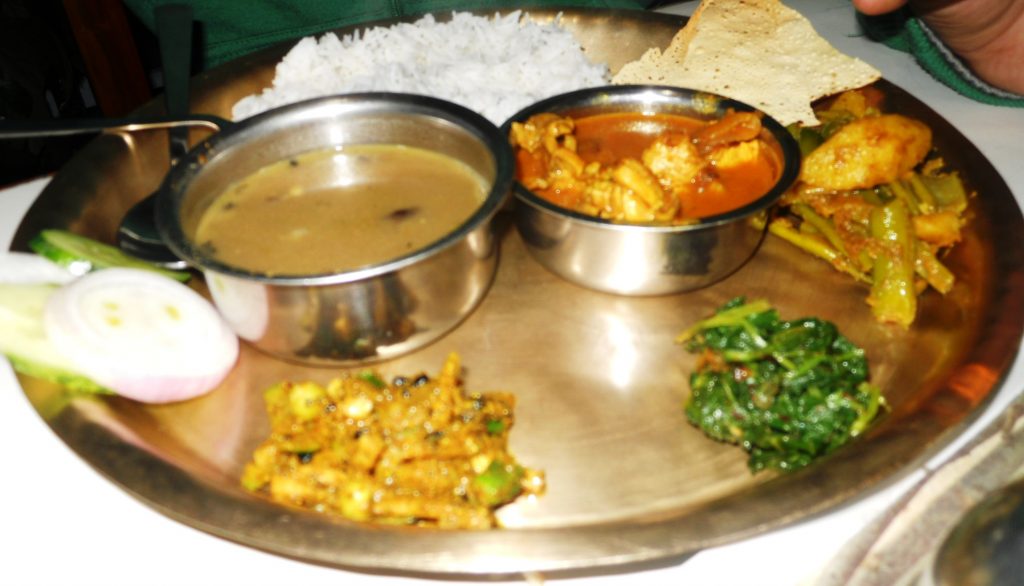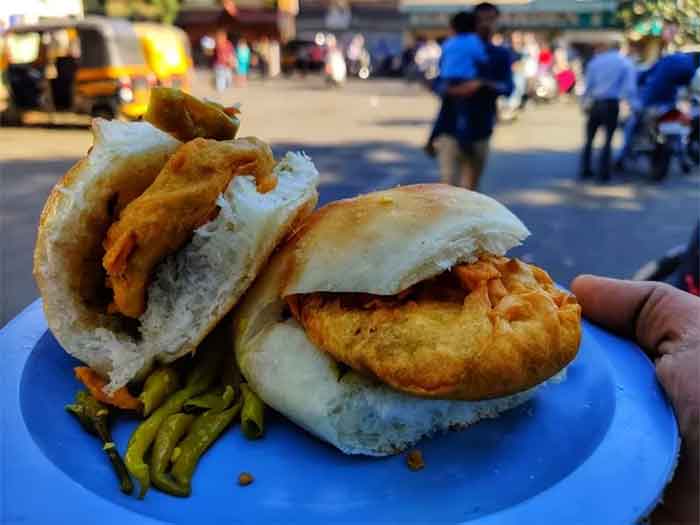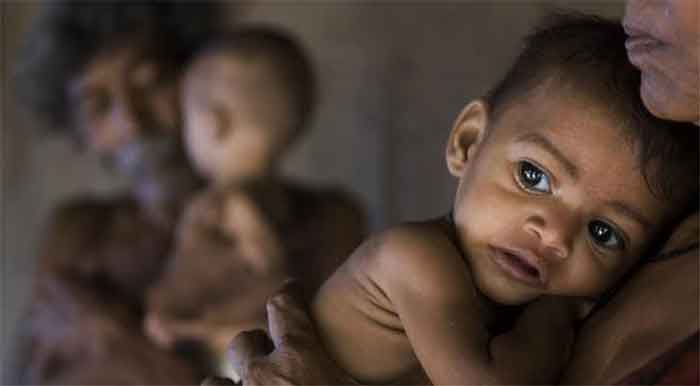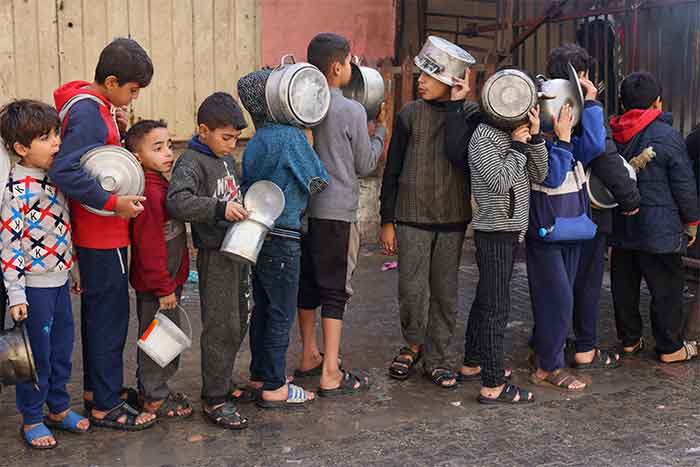
The celebration of World Food Day on 16th October began in 1979 as a way to commemorate the founding date of the United Nations Food and Agriculture Organization in 1945. This year, the theme for World Food Day was “Water is life, water is food. Leave no one behind.” which acknowledges the link between water and how it is impacted by what we eat, and how that food is produced.
The efforts and objectives to celebrate this day are to move towards the achievement of Sustainable Development Goal 2 (SDG 2), which is ‘Zero Hunger’. This is possible through the establishment of policies and programmes against global hunger issues by governments, policymakers, and stakeholders. These measures are a reminder of sustainable agriculture as well so that everyone has access to safe, sufficient, and nutritious food.
On the contrary, we are witnessing an attack on people’s right to access their basic fundamental right to food and life on all fronts. Recently, the Global Hunger Report 2023 ranked India at 111 among 125 countries. The ranks are different over the years. However, each year since the report was released in 2006 India has ranked extremely poorly highlighting that hunger and malnutrition remains a serious concern in the country. The current situation post-COVID is even worse and is not entirely reflected in the report as the data are not available.
The Government of India has rejected the report stating, “The index is an erroneous measure of hunger and suffers from serious methodological issues and shows a malafide intent.” We find that this response of the government is diverting the issue away from the situation of hunger and food insecurity in the country.
One of the objections to the index that the government has stated is regarding the child-related indicators used – “Three out of the four indicators used for calculation of the index are related to the health of Children and cannot be representative of the entire population.” It is unfortunate that the serious issue of child malnutrition is being trivialised in such a manner. High levels of child malnutrition (stunting and wasting) in India are a reflection of food insecurity in households, poor dietary diversity, lack of maternal and child care services, low status of women, and inadequate access to health and sanitation. It is indeed a matter of concern that over 35% of children in the country are stunted (low height for age) and 19% of children are wasted (low weight for height) according to the National Family Health Survey-5 (2019-2021). The WHO prevalence cut-off values for public health significance state that are stunting above 30% and wasting above 15% is “very high”.
The Government of India has also responded that they are “committed to ensuring food security for its citizens” but the reality is far from this statement. There are huge gaps in the efforts by the government towards the continued distress in the lives of millions. The government has still not followed the Supreme Court’s order to provide ration cards to migrant/unorganised workers registered under the eShram portal. The Supreme Court in an order dated April 20, 2023, in MA 94/2022 in ‘Re Problems and Miseries of Migrant Labourers’, has given significant directions to ensure food security for migrant workers and unorganised sector workers. 28.60 crores migrants/unorganized workers are registered on the eShram portal, of which 20.63 crores are registered on ration card data. The order directs all State/UT governments to issue ration cards under NFSA to the 8 crore persons who are registered on the eShram portal but do not possess ration cards. The apex court has ordered that the ration card to the needful population should be completed in three months. Almost six months have passed and no state government has taken any steps to ensure ration cards.
The Right to Food Campaign also condemns the Union Government’s policy decision to reduce ration entitlements of 81 crore people by 50%. In April 2020, on account of the unprecedented economic distress, the central government announced the Pradhan Mantri Garib Kalyan Anna Yojana (PMGKAY) under which an extra 5 kg of free food grains was provided to every ration cardholder in addition to the NFSA entitlement of 5 kg foodgrains at subsidised rates. Therefore, ration cardholders have been entitled to a 10 kg ration per person since April 2020 (5 kg under NFSA at a subsidized price and 5 kg free under PMGKAY). On 23rd December 2022, the Union government announced that it would discontinue the Pradhan Mantri Garib Kalyan Anna Yojana (PMGKAY) from January 1, 2023. This means that from January onwards, the ration entitlement of people will be halved- they will be entitled to only 5 kgs ration per person (normal NFSA entitlement) instead of the current 10 kgs ration per person (NFSA+PMGKAY). Therefore, the central government’s claim of the continuation of PMGKAY is basically the NFSA entitlement of 5 kg of food grains but free of cost while the halving of ration entitlement has resulted in a huge rise in expenditure for families as they are now being forced to buy from the market.
Moreover, there has been an exponential rise in prices of essential commodities like oil, dal, vegetables and other food items. This was limited not just to onions but also dal, bajra, cooking oil etc. These prices, not adjusted according to inflation, lead to not just certain commodities becoming unaffordable but also to the structural exclusion of people from being able to access, in real terms, their right to nutrition and food security.
The right to nutrition and food security should be one of the core objectives of any government. On the occasion of the recently concluded World Food Day, the Right to Food Campaign demands the expansion of the food basket of items provided under NFSA by adding dal, reinstating eggs and including local grains beyond simply cereals (i.e. including dal, millets, cooking oil etc.) in the provisions. Along with this, there is an urgent need to universalize the public distribution system to include everyone in the scope of food security.
– Aysha and Gangaram Paikra, Convenors on behalf of the Right to Food Campaign














































